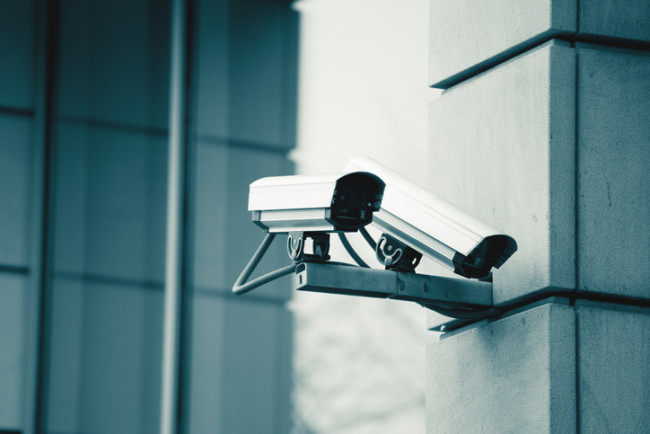Show posts for: Privacy
-
 Read more
Read moreWiretapping—the interception of wire, oral, or electronic communications—has long been an effective tool for law enforcement investigating suspected criminal activity. Each June, Title III of the Omnibus Crime Control and Safe Streets Act of 1968 requires the Administrative Office of the United States Courts to report to Congress on wiretaps approved, extended, or denied.1 The annual “Wiretap Report” has been criticized by prosecutors, judges, and other stakeholders as outdated and incomplete, including because the forms used to collect the relevant information have overlapping categories, are not uniformly understood by prosecutors, and are frequently submitted late, if at all.2 Still, the report provides the only regularly published, non-anecdotal account of national trends in wiretapping and the associated invasions of privacy.
As the regulatory and business environments in which our clients operate grow increasingly complex, we identify and offer perspectives on significant legal developments affecting businesses, organizations, and individuals. Each post aims to address timely issues and trends by evaluating impactful decisions, sharing observations of key enforcement changes, or distilling best practices drawn from experience. InsightZS also features personal interest pieces about the impact of our legal work in our communities and about associate life at Zuckerman Spaeder.
Information provided on InsightZS should not be considered legal advice and expressed views are those of the authors alone. Readers should seek specific legal guidance before acting in any particular circumstance.
Contributing Editors

John J. Connolly
Partner
Email | +1 410.949.1149

Andrew N. Goldfarb
Partner
Email | +1 202.778.1822

Sara Alpert Lawson
Partner
Email | +1 410.949.1181

Nicholas M. DiCarlo
Associate
Email | +1 202.778.1835




